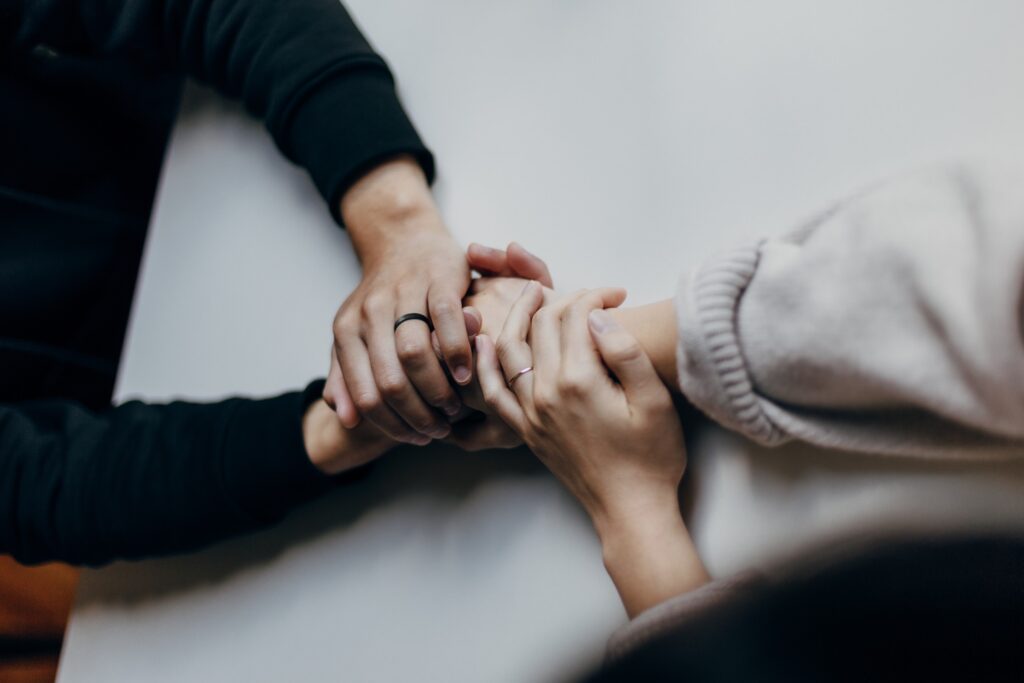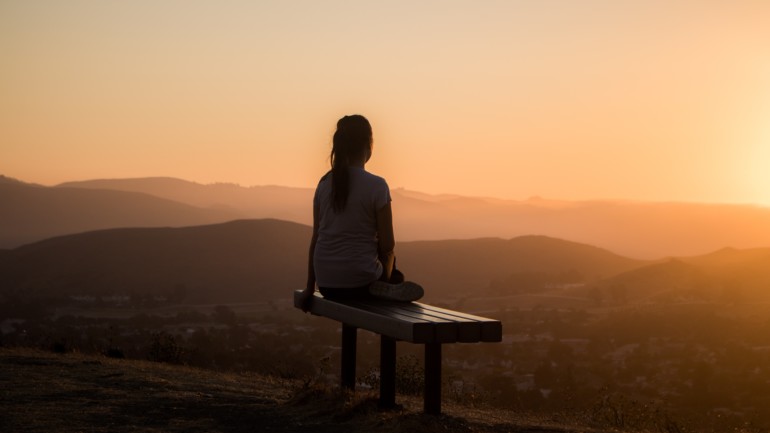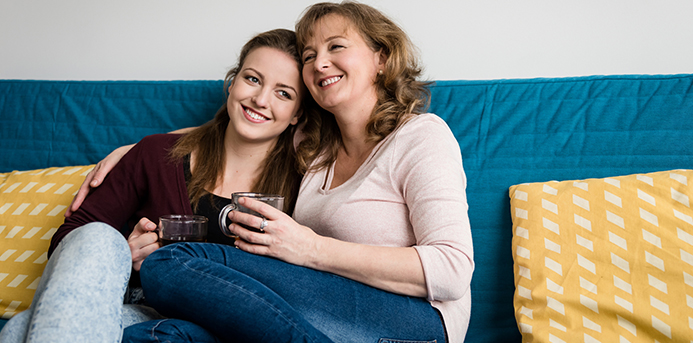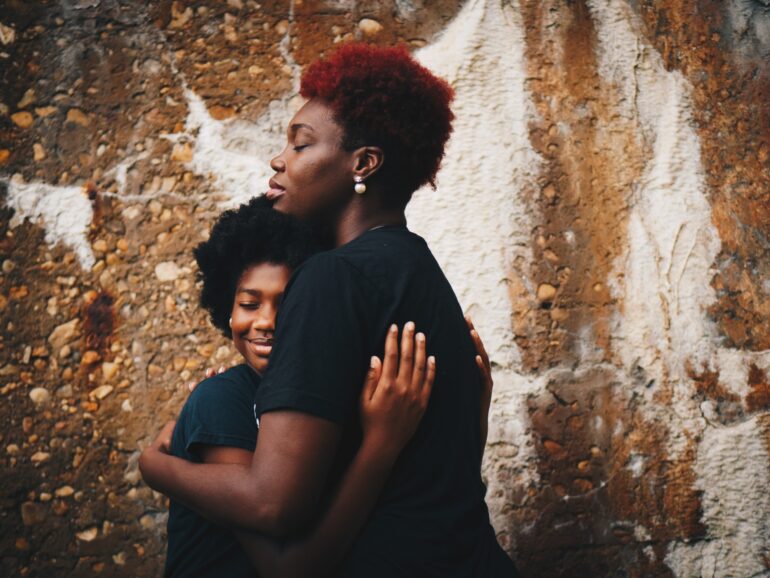The World Health Organization reports that more than 700,000 people die by suicide every year. Suicide is the third-leading cause of death amongst 15 to 19-year-olds, and the pandemic has only exacerbated mental health conditions — spurring a staggering 25% increase in anxiety and depression, according to a new brief by the World Health Organization. Please know that you are never alone. The all-too-frequent deaths by suicide of public figures like PGA golfer Grayson Murray, as well as members of our communities across the U.S., mean most Americans have been impacted in some way by suicide. This ongoing upswing serves as a tragic, crucial reminder that we need to keep talking about suicide prevention and awareness.
Take some time to assess your own and your surroundings’ mental well-being. According to health experts and those who have struggled themselves, here are a few ways to do so.
Tools for Coping
Recognize the Lesser-Known Suicide Risk Factors and Warning Signs

We asked mental health experts to share some additional, and perhaps lesser-known, warning signs and risk factors of suicide.
Risk Factors include:
- Bipolar disorder and major depression
- Celebrity suicides
- Drug and alcohol abuse
Warning Signs include:
- Sudden calm or improved mood
- Becoming obsessed with death
- Giving away possessions
Ask The Right Questions When Checking In With Friends and Loved Ones

There is no accurate barometer—individual or collective—for people’s well-being, as the magnitude of what the world is facing far outpaces what we have seen in this century. What is certain is that the automatic response, “I’m fine,” is likely untrue.
Here are strategies to open space so people might share more about how they are doing or what they need. Read the full article here.
Understanding Complex Emotions

During the COVID-19 pandemic, many people struggled with complex emotions, including grief, loss, and anxiety. These and other elusive emotions did not disappear when the worst of the pandemic subsided. It’s common to have difficulty understanding the source of these feelings, and we talked with some psychologists to help clarify these challenging emotions.
5 Ways to Help Your Kids Take Charge of Their Mental Health

Mental Health America reports that approximately 20% of youth ages 12 to 17 suffer from “at least one major depressive episode in the past year,” and 15% of teens said their mental health significantly impacts their daily lives at home, school, and work.
With the growing pressures of life during this stage of their development, it is imperative to offer support and resources to teens to help support their mental health.
Here are 5 crucial steps to positive mental health for teens:
- Get enough sleep
- Implement a routine
- Don’t skimp on downtime
- Make time for friends and family
- Model mindfulness
These five steps are simple lifestyle tips for teens, but professionals offer other essential suggestions.
Teens Can Mask Their Real Feelings

Our Founder, Susan B. Noyes, writes about her daughter Emma’s struggles with her mental health:
“My daughter’s life looks practically perfect. No one would ever guess that Emma’s brain tortures her continuously with a looped cacophony of critical, negative, self-loathing thoughts. But, that’s exactly what she has wrestled with since she was 12 and suffered the onset of clinical general anxiety disorder (GAD) and obsessive-compulsive disorder (OCD).” Read the full article here.
What Parents Should Look For With Teen Depression
Parents often struggle to discern between moodiness, which is typical teenage behavior, and what could be a more significant mental health issue like depression. Here’s what you need to look out for. Read the full article here.
How to Talk to Your Kids About Suicide
There are many conversations that parents are uncomfortable having with their kids, but talking about suicide is particularly challenging. The topic is important, though, so we asked experts for their answers to some common questions parents have about whether to broach the subject and, if they do decide to, what is the best way to do so. Read the full article here.
It is also vital to talk to your children about the NAMI 988 Hotline, a call center created to specifically help people struggling with mental health difficulties and offer local support. Anyone dealing with a suicidal crisis can either call or text 988 to connect with a person who will listen and provide guidance to help. Read the full article here.
Resources for Parents
- American Foundation for Suicide Prevention
- Youth Suicide Warning Signs
- Mental Health America
- Mental Health First Aid — an in-person training that teaches you how to help people developing a mental illness or in a crisis
- SAVE
Additional Resources
When it comes to depression, anxiety, and other mental health issues, treatment works, and there are a multitude of resources and organizations at the ready to help you or someone you love who is struggling.
To help prevent suicide and recognize the warning signs to help people at risk, the CDC recommends BeThe1to.com as a resource. The CDC also recommends reducing access to lethal means, such as firearms and medications, among people who are at risk of suicide.
- American Psychiatric Association
- Mayo Clinic
- National Institute of Mental Health
- Anxiety and Depression Association of America
- Morgan’s Message (strives to eliminate the stigma surrounding mental health within the student-athlete community and equalize the treatment of physical and mental health in athletics)
If you are suicidal or suspect someone else is, call the National Suicide Prevention Lifeline at 800-273-TALK (8255). Or, visit online at suicidepreventionlifeline.org.
National Suicide Hotline: Call 1-800-273-8255

